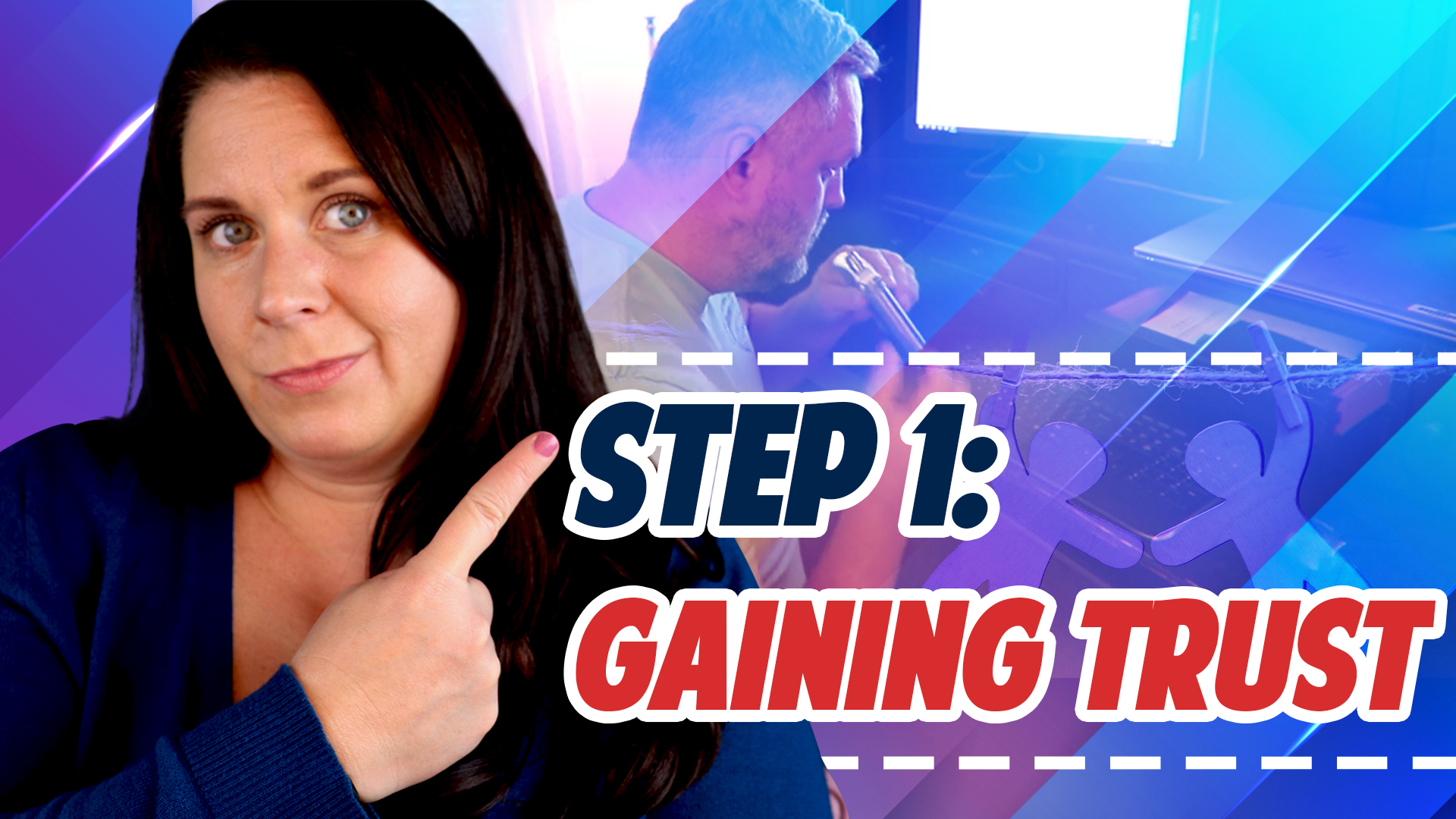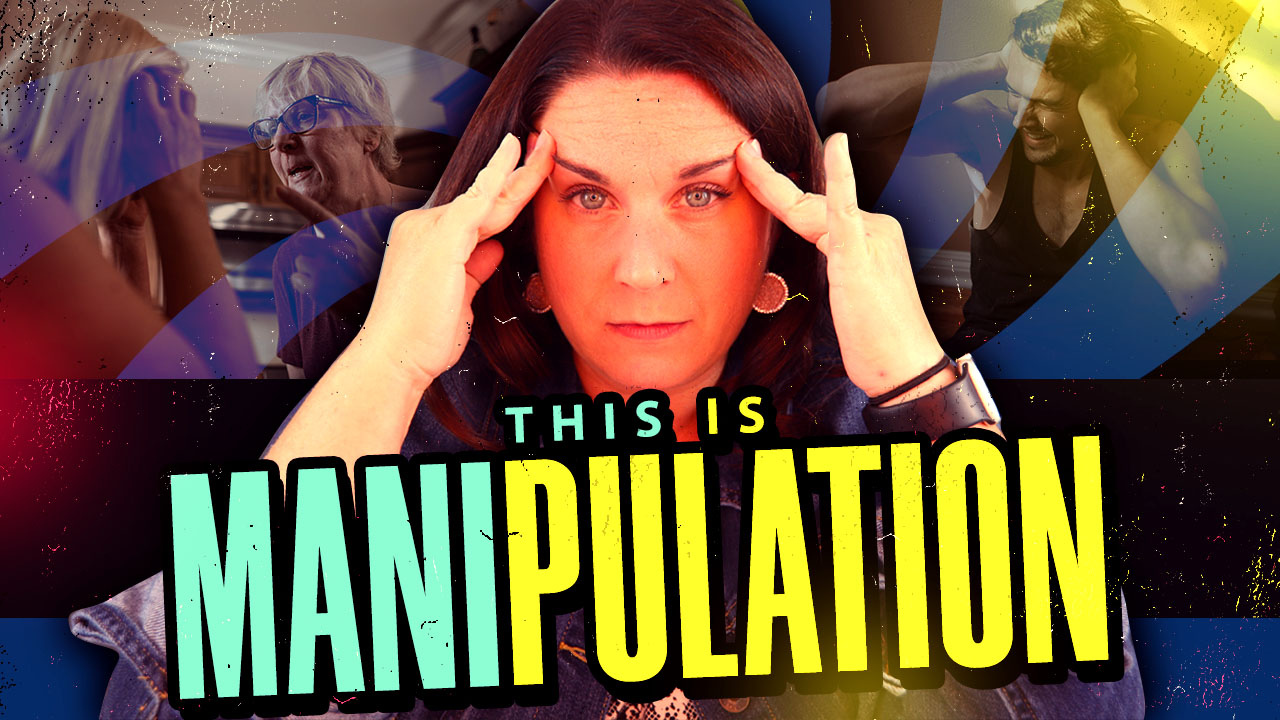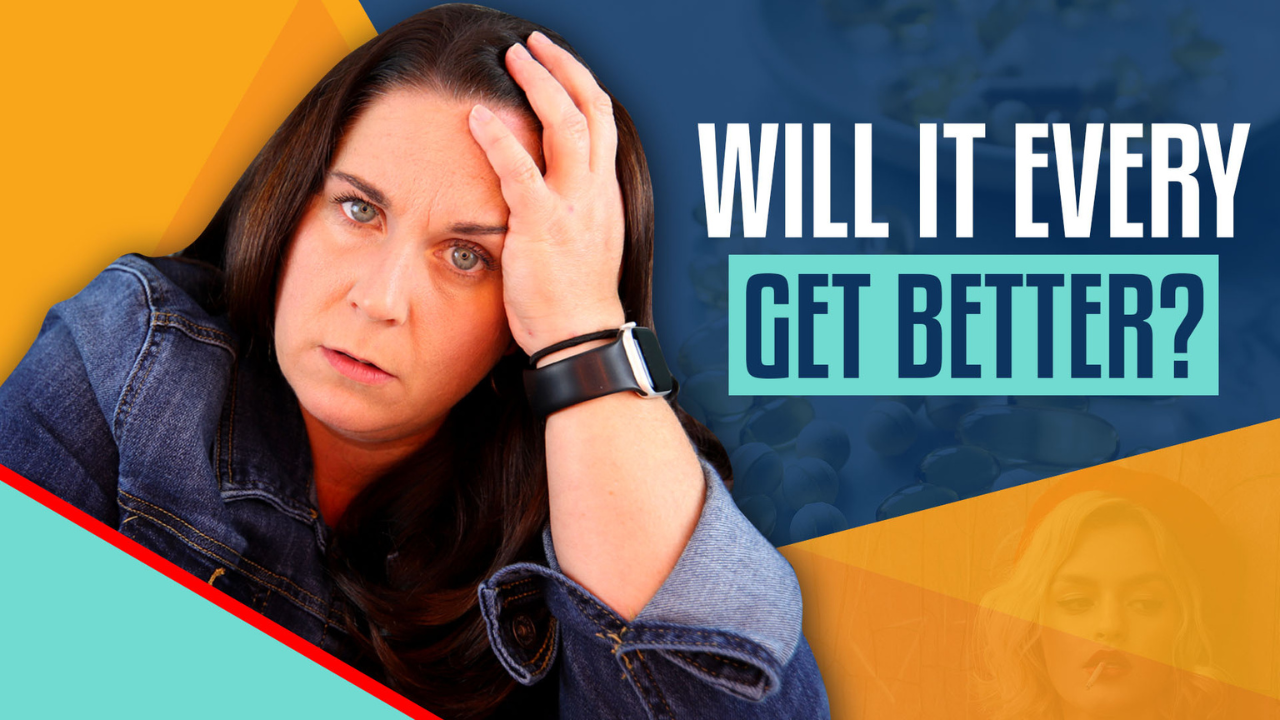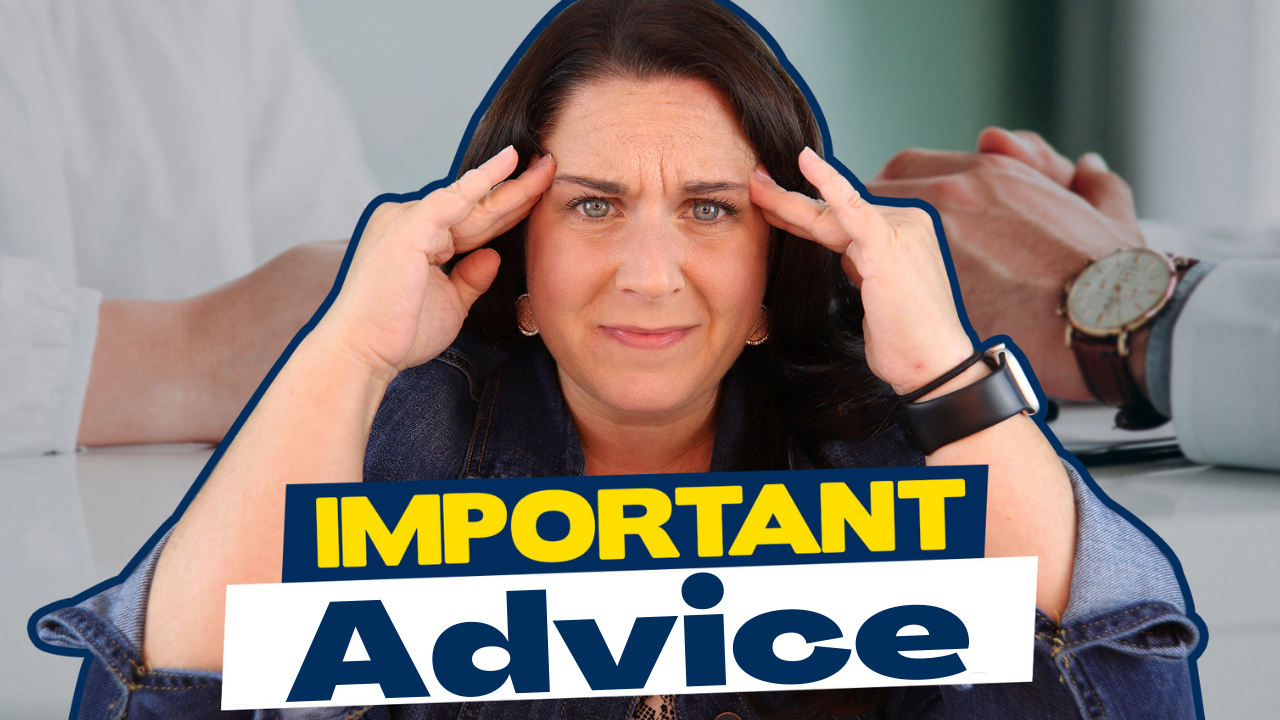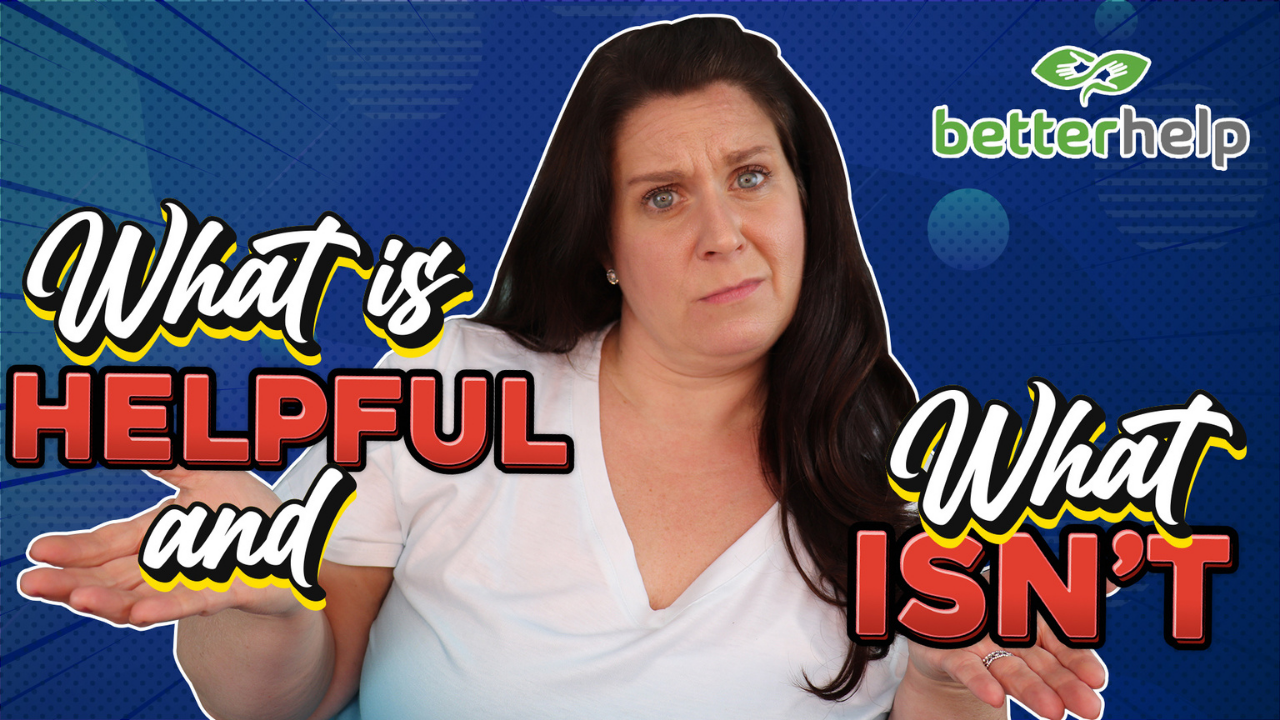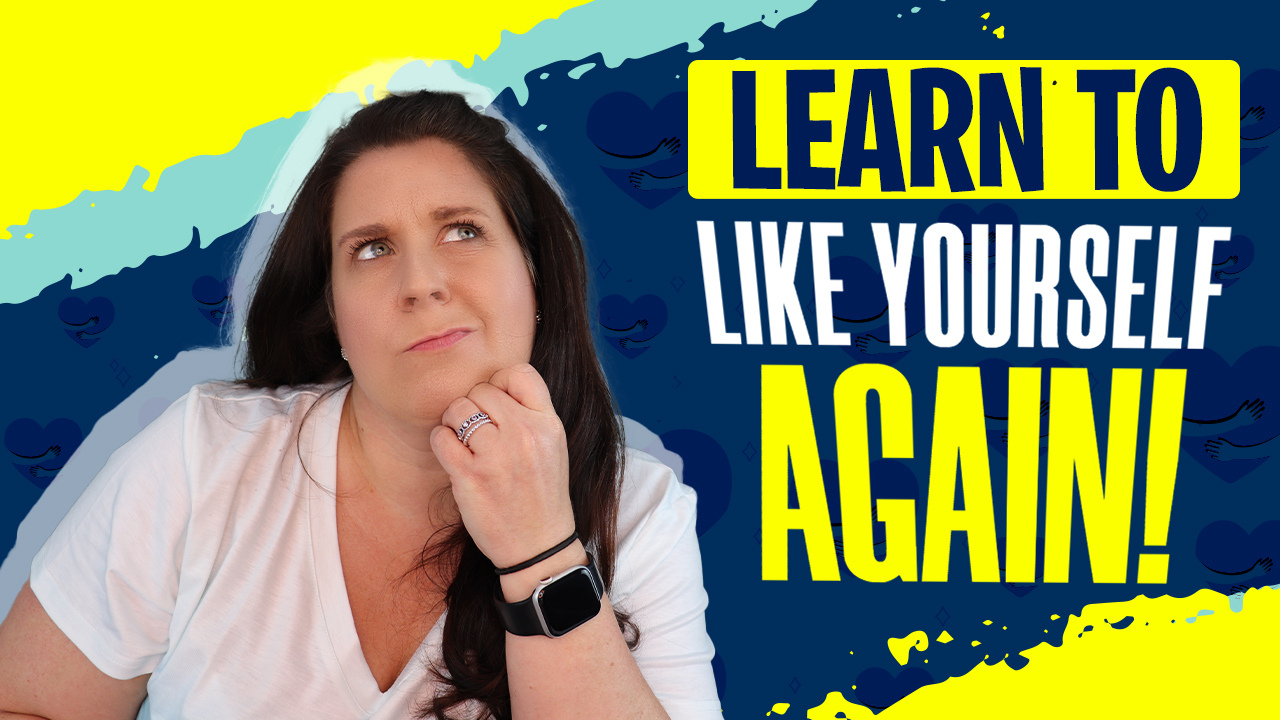How To Help An Addict/Alcoholic Get Sober - A Positive Approach
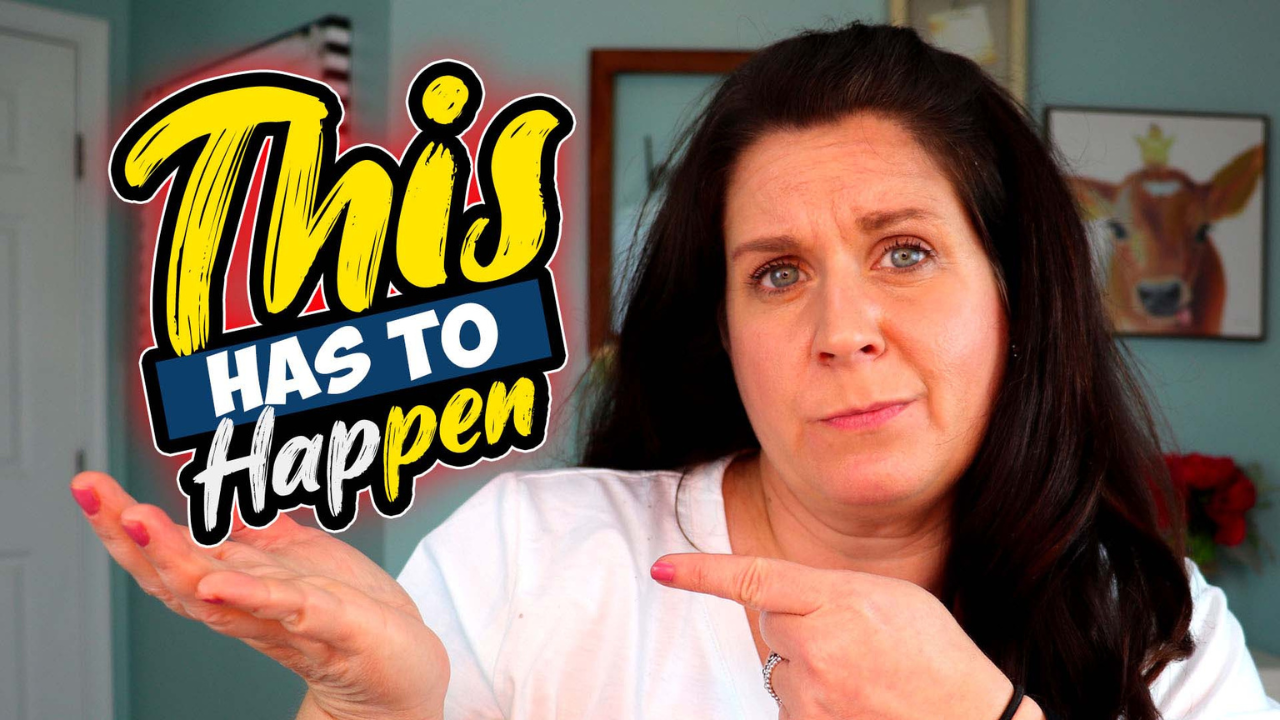 I do not believe that someone has to hit bottom to get better. I do believe that someone's situation has to get uncomfortable. It's a law of human behavior that people do what works for them. They seek pleasure and avoid pain. If their addictive behavior is more pleasurable than painful, they're probably not going to change.
I do not believe that someone has to hit bottom to get better. I do believe that someone's situation has to get uncomfortable. It's a law of human behavior that people do what works for them. They seek pleasure and avoid pain. If their addictive behavior is more pleasurable than painful, they're probably not going to change.
As their loved one, it's crucial to not interfere with the uncomfortableness and the difficulties as it happens. Don't fix their messes. Even for someone without an addiction, consequences matter. When it comes to addiction, substances act as anesthesia, so they won't feel the consequences nearly to the magnitude they would in a normal situation.
Consequences vs Punishment
A lot of people confuse consequences with punishment. I want you to understand that punishment is something you dole out and a consequence comes naturally.
If your kid is failing their classes, the consequence is that they fail the class. Punishment is something that you do at home. They can...
How To Get Your Loved One Sober | Expert Intervention Technique #1
Does this sound familiar?
"I'm not an alcoholic, it's you. You're so controlling. I'm sick of you telling me I drink too much. I work hard, provide for this house, and take care of the kids. If I want to have a drink at the end of the day, who cares? I deserve it. You need to stop being so uptight."
Believe it or not, it's possible to take someone from that state of denial to take the steps necessary to get sober. You cannot make someone get sober, but you can influence them to do so.
Strategy #1-Build credibility with your loved one
If you don't build credibility, your opinion won't matter.
Not only does your opinion not matter, but when you don't have credibility with your loved one, sometimes they do the opposite of what you want despite you.
This last one is a bit controversial.
Building credibility with your addicted loved one is about helping them feel like you understand them and knowing their situation. Your opinion and advice won't matter when they think you don't ge...
Manipulations Your Addicted Loved One Will Use, To Convince You They Don't Have A Problem
These are seven things that your addicted loved one will say to convince you they don't have a problem. These are just manipulation tactics, which is why I want you to be able to identify them and know what's happening when you hear them.
Manipulation #1
Your loved one will likely tell you, "I'm not nearly as bad as all those people at the meetings or the treatment center. I don't even do it every day."
I call this--It's not as bad as you're making it to be a manipulation tactic.
Manipulation #2
This goes hand in hand with the first one. They will probably give you both at the same time.
"You are just so uptight, I don't know why you worry about this so much. You used to drink with me and be fun. This is a gaslighting manipulation technique.
If you want to know how to deal with manipulation tactics, my manipulation guide will cover different types of manipulation. The manipulation guide will give hints and pointers on how to deal with gaslighting.
Manipulation #3
"I quit for 30 da...
If You Want To Understand Addictive Behavior, Watch This Video!
Recently, one of our viewers asked the following question:
"Why does it seem that people with addictions (drug, alcohol, or any addiction) aren't able to self-soothe?
The truth is there are several reasons for this.
Reason #1
The first reason people with addictions have trouble self-soothing or coping with things is that they're on an emotional roller coaster.
They're alternating between feeling great and feeling terrible.
They're constantly on this treadmill.
A lot of the time, the person is in an actual withdrawal state. If you haven't experienced this before, I want you to take a minute and think about the last time you felt sick. At that moment, while you're lying in bed, you want the misery to end. Think about how well you coped with things when your kids needed something when your boss or work was calling you, asking you for something, think about how you felt inside your head.
I bet your emotional response wasn't as great as it usually would be because when we're in dist...
How and When To Break Away From Someone Who Has An Addiction!
Breaking away from someone who has an addiction is an extremely difficult decision to make. I'm going to give you some guidelines that will help you think the situation through strategically.
WHEN to break away
&
HOW to break away.
This decision and process may be the most difficult thing you've done in your life. The person may firmly resist your efforts. You're going to have so many mixed feelings. You'll likely have guilt about leaving, and maybe you feel like you're their last bridge out there. You may have the belief that if you leave, they will fail.
Maybe you're even still hoping they will turn it around because you see little glimpses of the real them now and then.
Those thoughts will keep sucking you back into the relationship.
When should you break away from someone who has an addiction to drugs, alcohol, gambling, or any addiction?
When #1
Break away after you've given leaving a lot of thought. It's not a decision you need to make in the heat of the moment or after a b...
If Addiction Is A Disease Why Is The Answer Spiritual?
If having an addiction is a disease, why does everyone say the answer is spiritual?
In the world of recovery, there are different factions or groups out there. Every group has different beliefs about what an addiction is and how you fix it.
Some factions of the recovery world believe it is purely a brain illness, and you treat it with medication. Some people think it's a brain illness, but it's also a spiritual abnormality. Then another section of people said, "it's just individuals being bad, and need to act right."
We're going to find the intersection of all those things and find exactly where the crossover is because there's a little truth to each.
One of the first recovery models
One of the first recovery models that had success is the 12-step model. That's why it still exists today.
The 12-step model was born out of a religious model. If you look at the history of AA, which is alcoholics anonymous, you'll know that Bill Wilson, an alcoholic, became interested in a religious move...
5 Ways To Support Someone Trying To Get Sober
We're constantly saying to people trying to overcome an addiction you can't do it yourself. What do you need, what is helpful, what is not, and how can other people support you?
Let's look at what kind of recovery supports are available and what you need to look for. We're also going to identify who will be part of your recovery support network.
On an individual basis, what do you need from the people around you?
There are five categories that you need in a support network. You most likely won't have one person that can do all of these. This is why you need a few different people in your life that serve a few functions.
One of the things you need is someone that can serve as a sounding board.
You need someone you can bounce your thoughts off of and help you sort through stressors and think through problems. Someone that you can talk to freely without feeling judged. The person who does this for you will need to have a few unique characteristics. First and foremost, you have to see...
If you really want to Overcome A Drug Or Alcohol Addiction, you must do these 3 things!
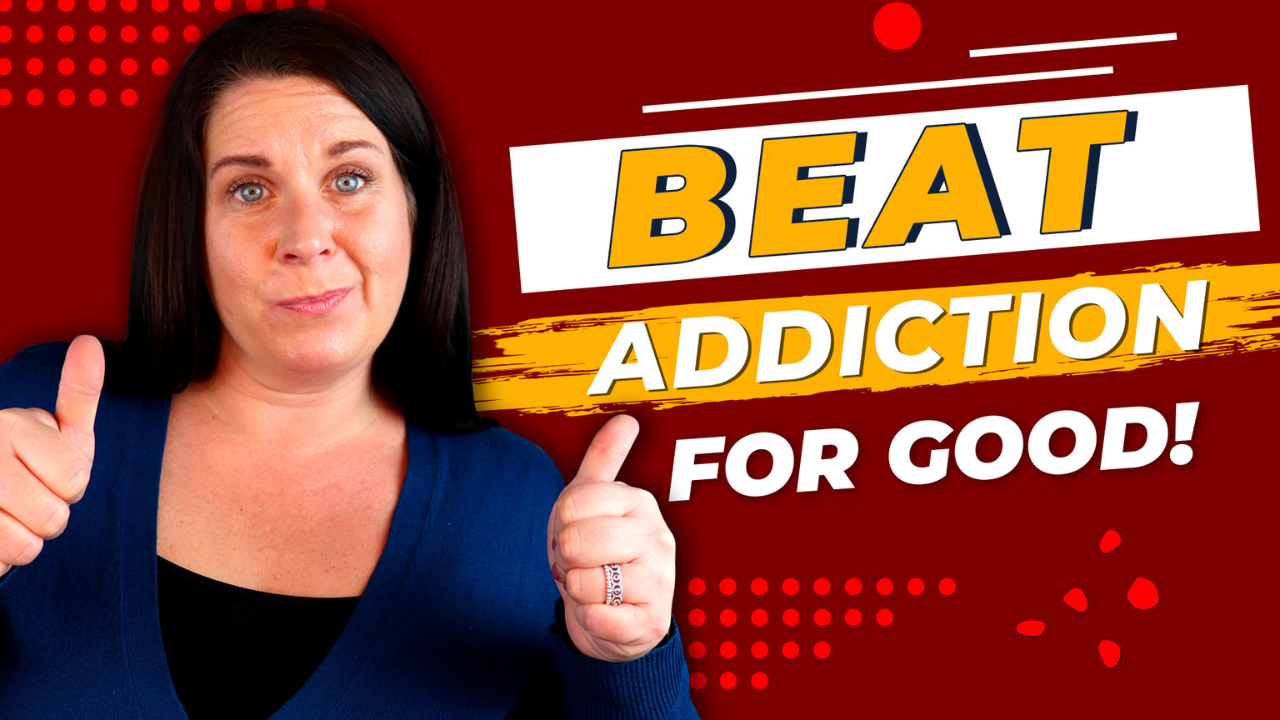 If you or a loved one are thinking about getting sober and you want to make sure you stay sober, this video is for you! The number one most important first step for relapse prevention is putting these things in place.
If you or a loved one are thinking about getting sober and you want to make sure you stay sober, this video is for you! The number one most important first step for relapse prevention is putting these things in place.
These actionable steps will help provide the foundation for maintaining a good long-term recovery.
I recently had a conversation with a lady on a phone consult. She told me how her husband was having a lot of "change talk." He would say he was ready to take all of these first steps to recovery but always fell short. This happens with so many of the clients I see. It's not that the person doesn't mean it necessarily. You can usually tell when someone is genuine about it. They do want this problem to go away. They want to be better and change their ways, but just wanting it isn't enough. You have to take action steps.
The first and most important action step that you need to take is to do all of the things you can think of that would make it hard, If not impossible to co...
Things People With Addictions Say to Try and Gaslight You 😫
If you have an addicted loved one and hear any of these statements, you are being manipulated.
We're going to look at gaslighting from the loved one's perspective. If you have an addicted loved one and say things like this to you, this is gaslighting.
If you've never heard that term before, it's where someone purposefully makes you feel like you're crazy.
There are a lot of ways this happens. Let's start with like the classic of all classics.
#1
Let's say that you find drugs, alcohol, paraphernalia, whatever it is. You confront your loved one with it. They're going to say, "I forgot about that. That's been there forever!" or "That's my friends, it's not even mine!"
That is super classic.
You probably already know that's not true because you probably looked in that spot recently and knew it wasn't there, but they're going to make you doubt your sanity by telling you that. Then you're going to think, well, maybe it is old, and you're going to question. Before you know it, you're down t...
3 Steps To Rebuilding Self-Esteem in Early Recovery
How do you rebuild your self-esteem in the early recovery process? Many of you have been asking for me to address the issue of self-esteem.
I'm going to give you three actionable steps that you can take to build your self-esteem and your self-confidence in a way that will last.
Where does bad self-esteem come from?
Some people think that drug or alcohol addiction is a direct result of bad self-esteem, and I guess, in some situations, it could be. But when you have a drug or alcohol problem, it will result in bad self-esteem.
The reason that happens is you behave in ways that you usually wouldn't because of the addiction. You violate your boundaries in ways that you usually wouldn't. You let go of things that are important to you. You hurt people you care about, and the result is feeling horrible about yourself.
It's hard to dig out of the hole of addiction when you feel terrible and crappy about yourself.
Think about it as being in a relationship with somebody that's abusive. W...
